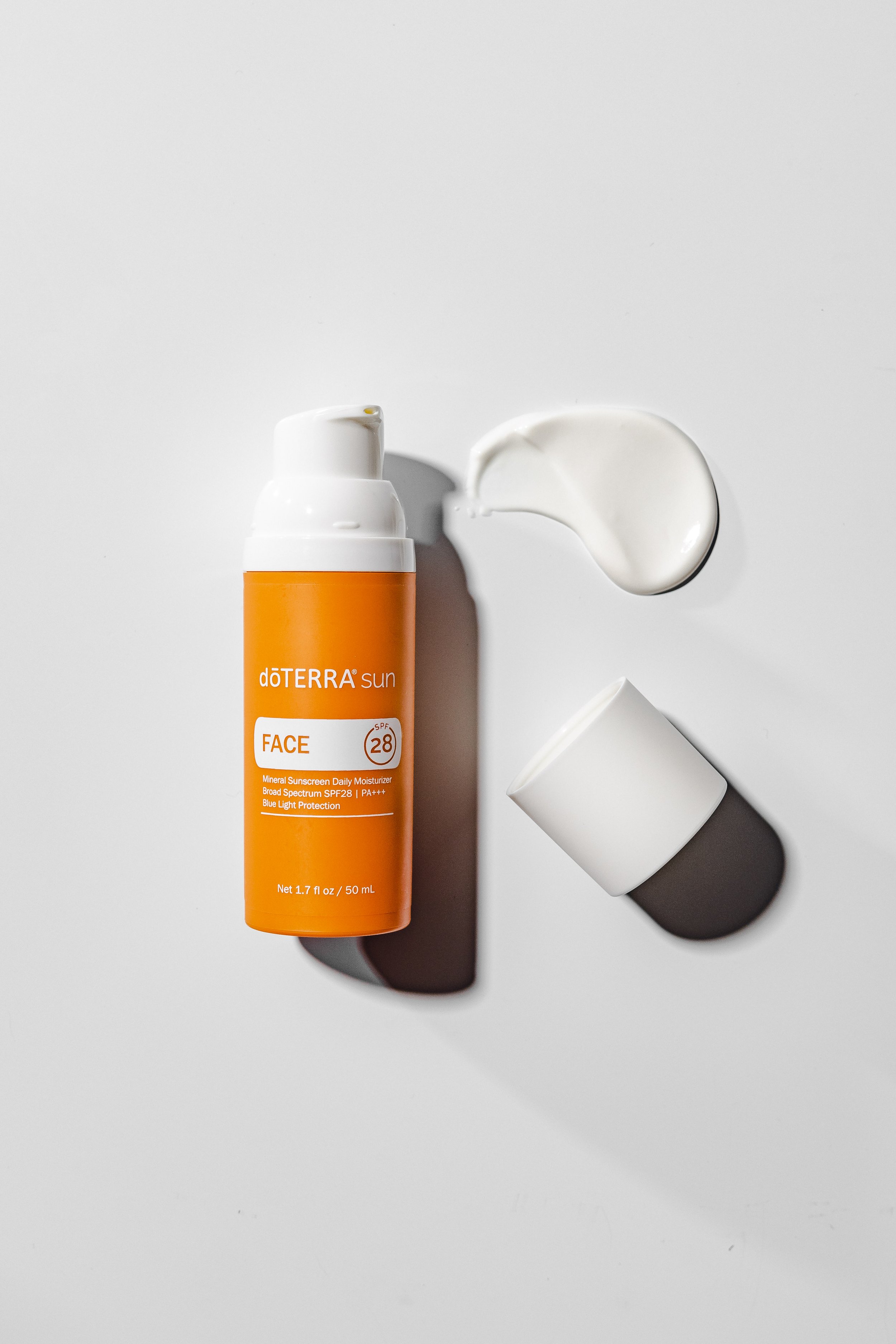What's the Difference Between Mineral sunscreen vs. Chemical Sunscreen?
We all really want to know which is better… mineral or chemical sunscreen and WHY.
The two primary types of sunscreen—chemical and mineral—work differently, though both protect the skin. You might be curious about the difference of the two, as I was. So lets break it down in a simple way to understand how they protect our skin from the sun, but also how they impact our overall health.
Chemical sunscreens are designed to absorb UV rays, while mineral sunscreens reflect UV rays. A sunscreen’s active ingredients determine if it’s chemical or mineral.
CHEMICAL SUNSCREENS ABSORB UV rays. Some actually degrade when exposed to UV light which creates free radicals. Free radicals can build up in cells and cause damage to other molecules, such as DNA, lipids, and proteins. This damage may increase the risk of cancer and other diseases.
Some active ingredients from chemical sunscreens have been found lingering in the bloodstream long after the wearer’s time in the sun was over! Certain active ingredients can also act as hormone disruptors and cause skin allergies or other concerns.
MINERAL SUNSCREENS: serve as a physical barrier, reflecting UV rays for broad-spectrum protection. They don’t degrade when exposed to UV rays. The main mineral sunscreen filters are titanium dioxide and zinc oxide. These are both recognized as generally safe for all skin types.


